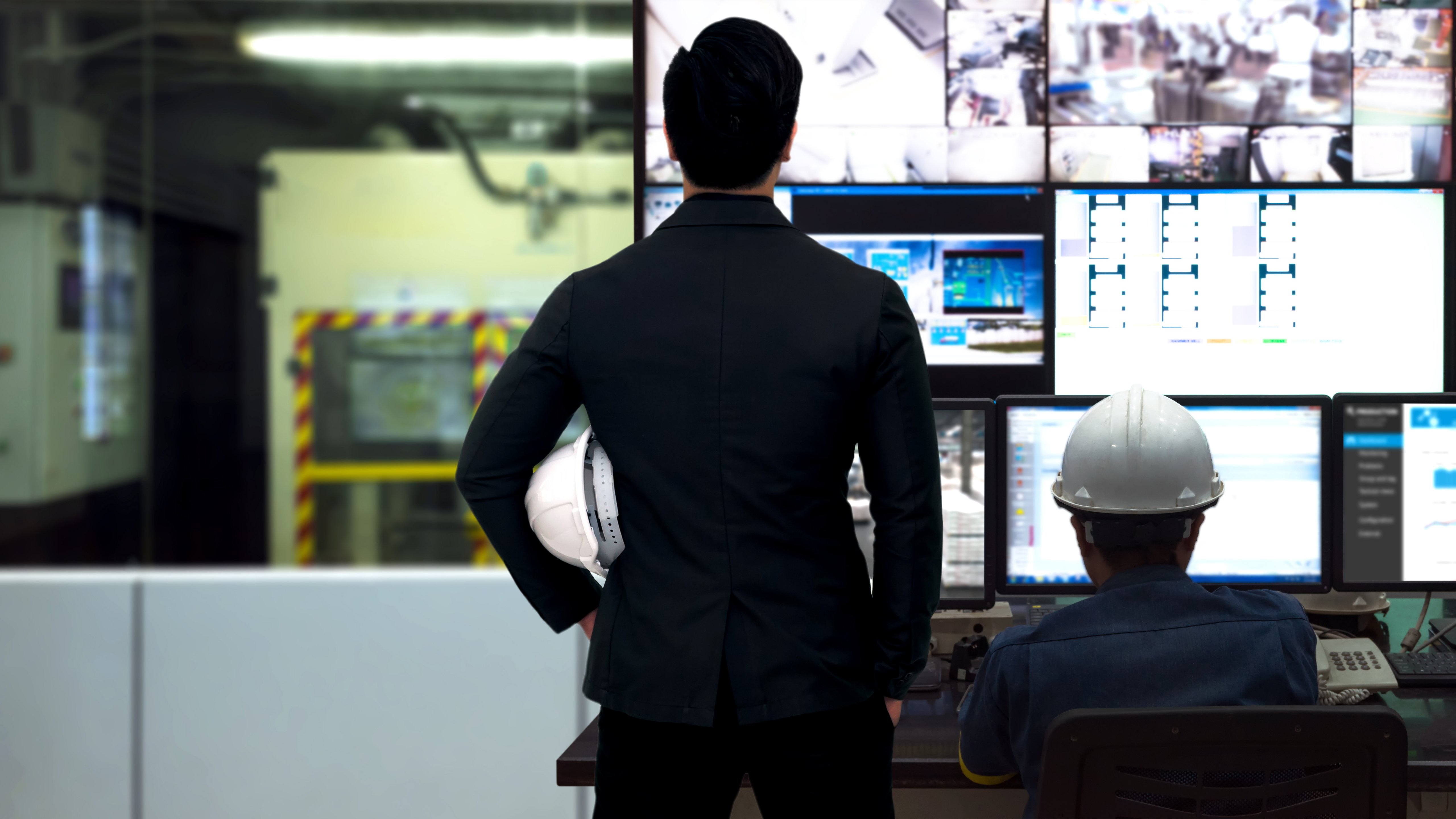Recommended For You
The story of the automotive industry is a tale of continuous innovation. Where manual transmissions were once the norm, now only 2 percent of new cars have stick shifts.
The next seismic change will be a dramatic change in vehicle fuel sources.
By 2040, it’s expected that 54 percent of new auto sales will be electric vehicles (EV). Yet in 2017, just 4 percent of the 86 million new autos sold globally were alternative fuel vehicles (AFVs).
What will it take for global manufacturing capacity to accommodate demand for tens of millions of new EV batteries annually?
First, massive production facilities will be required, regardless of AFV type — electric batteries and other power sources (for example, hydrogen fuel cells). This demand offers automakers a unique opportunity to launch digitalized, state-of-the-art battery facilities that deliver large product volumes with 21st-century efficiency.
Second, automakers and their supply-chain partners will need to plan, develop, and operate these gigafactories (facilities capable of producing billions of watts of energy) in creative new ways:
- Identifying the data needed to effectively manage gigafactories, and designing those requirements into facilities from the start.
- Crafting strategies that turn plant data into valuable information. This includes creating operations designed to leverage business analytics to predict outcomes in real time and improve decision-making across the supply chain.
- Connecting gigafactory operations back to material sources (such as mines) to improve cost efficiency and quality of battery production. For instance, large format lithium-ion battery cell yields ranged 70–90 percent (PDF).
- Building in flexibility. Battery technology is evolving rapidly, and production lines must be flexible and scalable to leverage the emerging technologies: for example, transforming a production line from cylindrical cells to pouch, prismatic, or solid-state; extending a line; and modifying equipment.
Rockwell Automation has worked on hundreds of large-scale projects. We’ve learned that combining the innovations of machine builders with the planning of line integrators is a critical factor in determining a gigafactory’s initial and long-term competitiveness.
Be sure to include program managers at the plant-design phase. Then empower them to lead machine and line integration, manage machine specifications, and collaborate with machine builders to deliver the right equipment at the right time.
Another critical factor in gigafactory success is the correct application of conveyance across operations. For example, pulling product efficiently through the plant (downstream processes trigger inventory from upstream) without over-reliance on elaborate conveyance systems that complicate material movement. Leverage intelligent conveyance systems to minimize handling and handoffs and pull your machines, lines, and factories into the future.
The future of the automotive industry will be powered by batteries and alternative energy sources. Digitalized gigafactory operations can optimize their production in real time, improving productivity, product reliability, and quality.
Are you ready for an alternative future?
Published October 22, 2018

